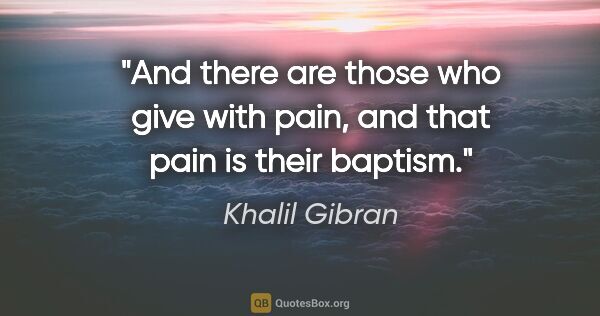Those Quotes (page 256)
I read and write for character. If I like and can relate to the characters in a story I can enjoy any kind of story. I also want something with a definitive plot—you know, beginning, middle and end--that has forward motion. I don’t like series books that leave you hanging after you’ve finished a book and in my own fiction I try to make sure that there’s always an entry point for those who are new to the book as well as long-time readers.
Charles de Lint
So, if I'm no cheerleader of sports, why write a chapter about it? Sports do have some positive impact on society. They solve problems, such as how to get inner-city kids to spend $175 on shoes. They serve as a backdrop for some of our most memorable commercials. And they remain the one and only relevant application of math. Not only that, but we have sports to thank for most of the last century's advances in manliness. The system starts in school, where gym class separates the men from the...
Stephen Colbert
I have no duty to be anyone's Friend and no man in the world has a duty to be mine. No claims, no shadow of necessity. Friendship is unnecessary, like philosophy, like art, like the universe itself (for God did not need to create). It has no survival value; rather it is one of those things which give value to survival.
C. S. Lewis
The ineffable utterance of one solitary man, absent, perhaps dead (Swann did not know whether Vinteuil were still alive), breathed out above the rites of those two hierophants, sufficed to arrest the attention of three hundred minds, and made of that stage on which a soul was thus called into being one of the noblest altars on which a supernatural ceremony could be performed.
Marcel Proust
...burying the bush in these little rosettes, almost too ravishing in colour, this rustic 'pompadour'. High up on the branches, like so many of those tiny rose-trees, their pots .concealed in jackets of paper lace, whose slender stems rise in a forest from the altar of the greater festivals, a thousand buds were swelling and opening, paler in colour, but each disclosing as it burst, as at the bottom of a cup of pink marble, its blood-red stain...
Marcel Proust
But all progressive movements have to beware their own successes. The progress they make reinvents the society they work in, and they must in turn reinvent themselves to keep up, otherwise they become hollow echoes from a once loud, strong voice, reverberating still, but to little effect. As their consequence diminishes, so their dwindling adherents become ever more shrill and strident, more solicitous of protecting their own shrinking space rather than understanding that the voice of the...
Tony Blair
At Apple, people are putting in 18-hour days. We attract a different type of person—a person who doesn’t want to wait five or ten years to have someone take a giant risk on him or her. Someone who really wants to get in a little over his head and make a little dent in the universe. We are aware that we are doing something significant. We’re here at the beginning of it and we’re able to shape how it goes. Everyone here has the sense that right now is one of those moments when we are...
Steve Jobs
Never dream with thy hand on the helm! Turn not thy back to the compass; accept the first hint of the hitching tiller; believe not the artificial fire, when its redness makes all things look ghastly. To-morrow, in the natural sun, the skies will be bright; those who glared like devils in the forking flames, the morn will show in far other, at least gentler, relief; the glorious, golden, glad sun, the only true lamp - all others but liars!
Herman Melville
It is as if a man were asked, 'What is the use of a hammer?' and answered, 'To make hammers'; and when asked, 'And of those hammers, what is the use?' answered, 'To make hammers again'. Just as such a man would be perpetually putting off the question of the ultimate use of carpentry, so Mr. Wells and all the rest of us are by these phrases successfully putting off the question of the ultimate value of the human life.
Gilbert K. Chesterton
In the past, pure scientists took a snobbish view of business. They saw the pursuit of money as intellectually uninteresting, suited only to shopkeepers. And to do research for industry, even at the prestigious Bell or IBM labs, was only for those who couldn't get a university appointment. Thus the attitude of pure scientists was fundamentally critical toward the work of applied scientists, and to industry in general. Their long-standing antagonism kept university scientists free of...
Michael Crichton
